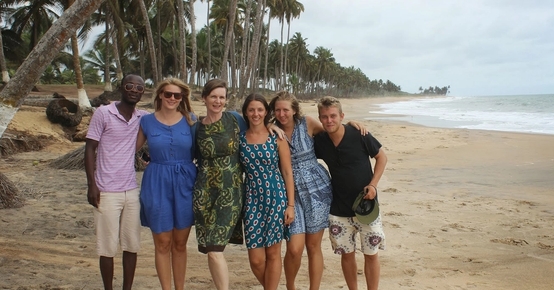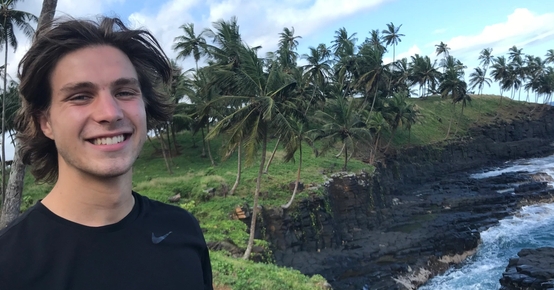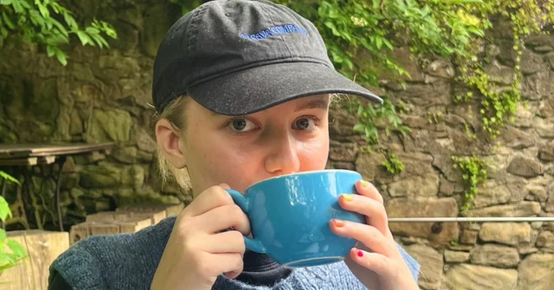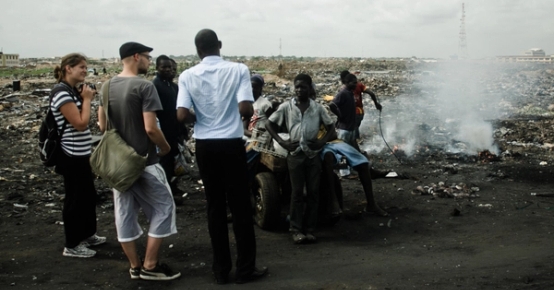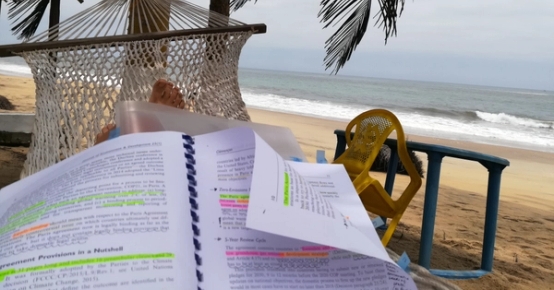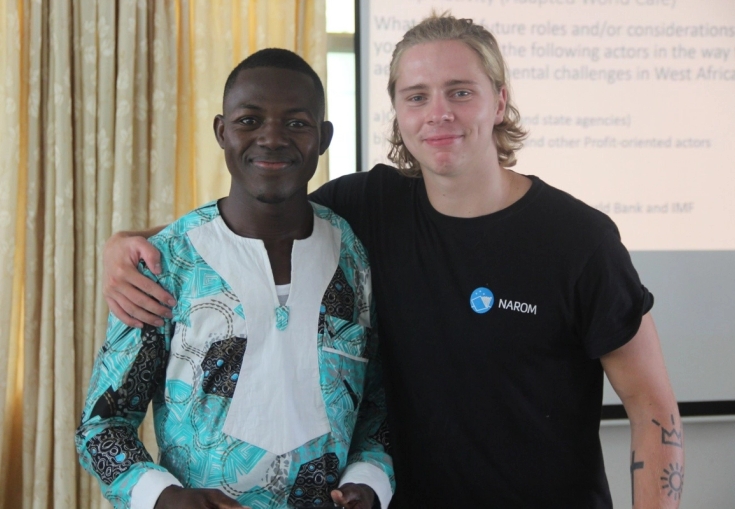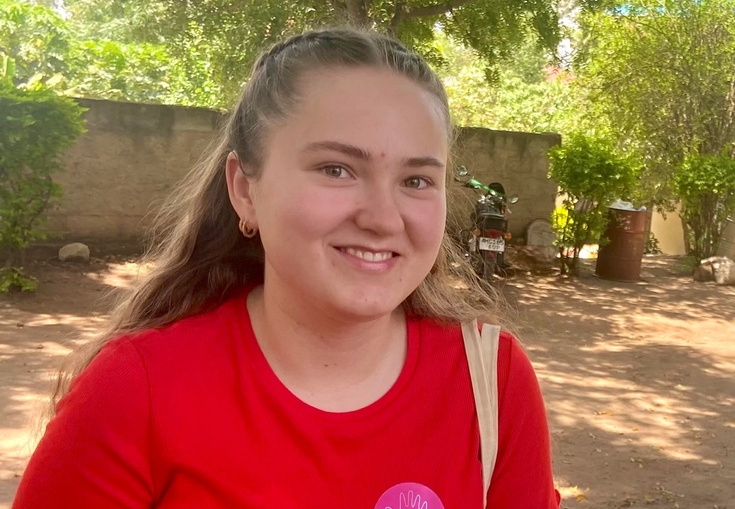
Church bells, dance lessons, and fieldwork: Daily life as a student in Ghana
Are you considering studying development? Frøya (20) continued her studies in Ghana after a semester in Vietnam. Here you can read about her daily life in Cape Coast, her studies, and her favorite cafes!

This text is translated using AI.
View the original article here.– I studied Development Studies 1 in Vietnam the autumn before I went to Ghana. Therefore, I already had a lot of knowledge about development.
At Development Studies 2 in Ghana, we learned more in detail about how Western development concepts have influenced Africa, and I found that particularly exciting.
There was also a much greater focus on social science methodology and research in Ghana. Many might think that sounds a bit dry, but it becomes very exciting when you are out doing fieldwork!
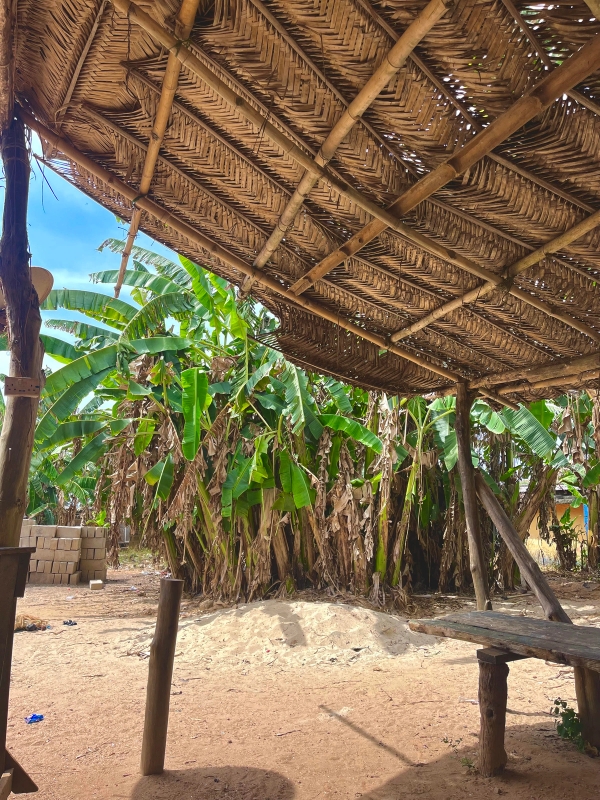
During the weeks of fieldwork, one gets the opportunity to become familiar with various aspects of Ghanaian culture and daily life.
After learning about methodology and ethical issues within social science research in the study, one is thrown into life as a researcher when sent out to various parts of the country to research a chosen topic.
– I think we learned a lot from doing the fieldwork. We had to figure out for ourselves what worked and what didn't in the cities we lived in.
At the beginning of the stay, many of the students were nervous about the fieldwork, but looking back on our time in Ghana, I think most of us would highlight the fieldwork as a major highlight.
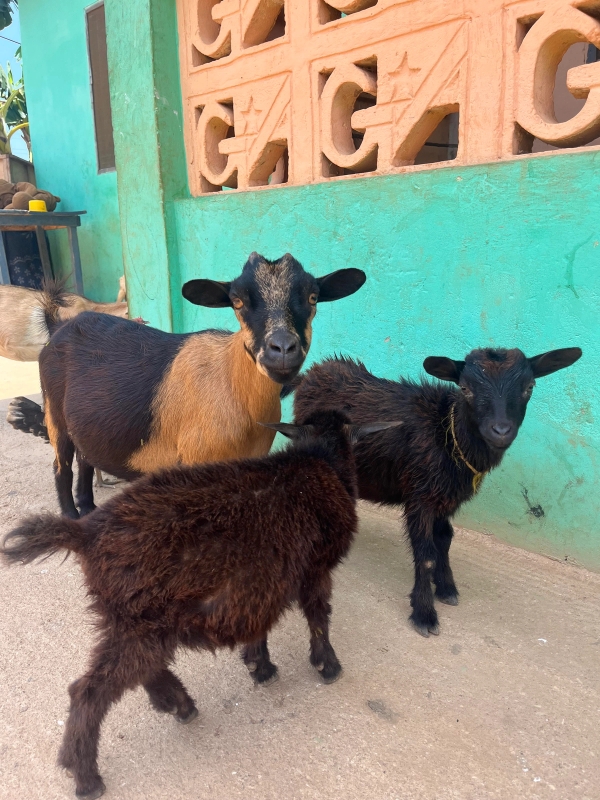
– If one finds the study a bit difficult or confusing, fieldwork can help to show perspectives on development that might otherwise be somewhat overshadowed.
We learned a lot about development at the national and global level in our studies, but through the weeks of fieldwork, we saw how people and small local communities are actually affected by what we learn about on a daily basis.
Learn more about fieldwork in Ghana
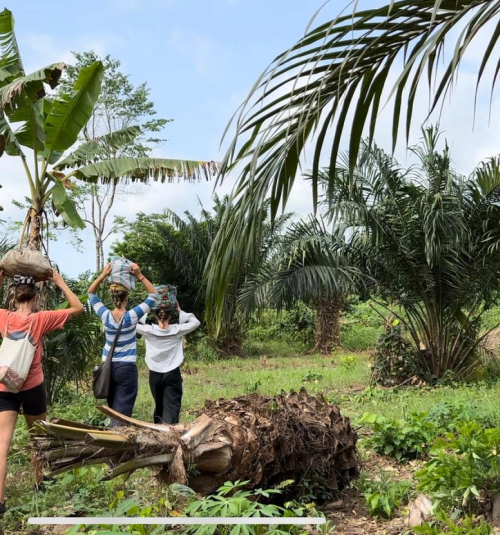
- Ghana
- Student blog
Tre uker på feltarbeid
Kulturstudier offers a year of study that can constitute the first year of a bachelor's degree in Development Studies.
Frøya combined her studies in Vietnam, where one learns about development with a special focus on Southeast Asia, with a semester in Ghana emphasizing West Africa. Everyday life in the two countries of study is quite different, and you are challenged in various ways.
Hoi An, with its numerous Western restaurants and bustling tourist industry, is a soft landing for those who have never traveled independently before, while Cape Coast is a city almost completely devoid of tourists:
– If you come directly from studying in Vietnam, you might be a bit disappointed by how few cafes and restaurants there are in Cape Coast compared to Hoi An.
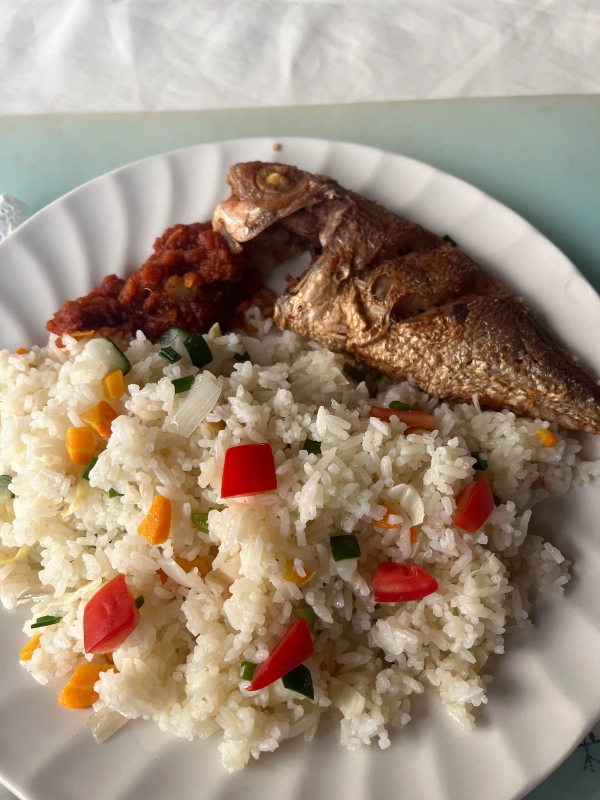
– There are still several good places in Cape Coast. The Haven Workspace and Baobab House are two cafes I recommend. Many of us wrote our take-home exams there.
On weekends, large parts of the class often gathered at Oasis Beach Resort and had dinner together, it's recommended when you're craving a pizza!
There aren't as many activities to participate in at Cape Coast as in Hoi An. In our free time, many of us used to go to a gym or a hotel with a swimming pool. Twice a week, we all went to Brenu beach.
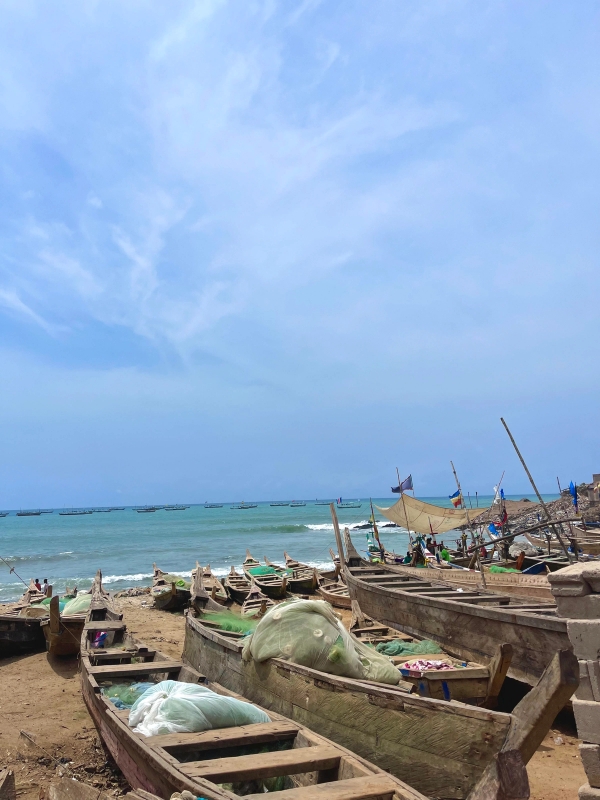
– At first, you might feel that there isn't as much to do compared to Hoi An, but then I recommend getting to know the local students and joining them in their leisure activities!
It is a must to explore the Kotokuraba Market when in Cape Coast, it's an experience in itself.
Early in the semester, we also got to know an NGO called Afrimuda, they showed us Ghanaian dance and drumming. Some of us really enjoyed it, and we contacted them and got to attend dance classes once a week throughout the semester. If you're going to Cape Coast to study – go to dance classes with Afrimuda!
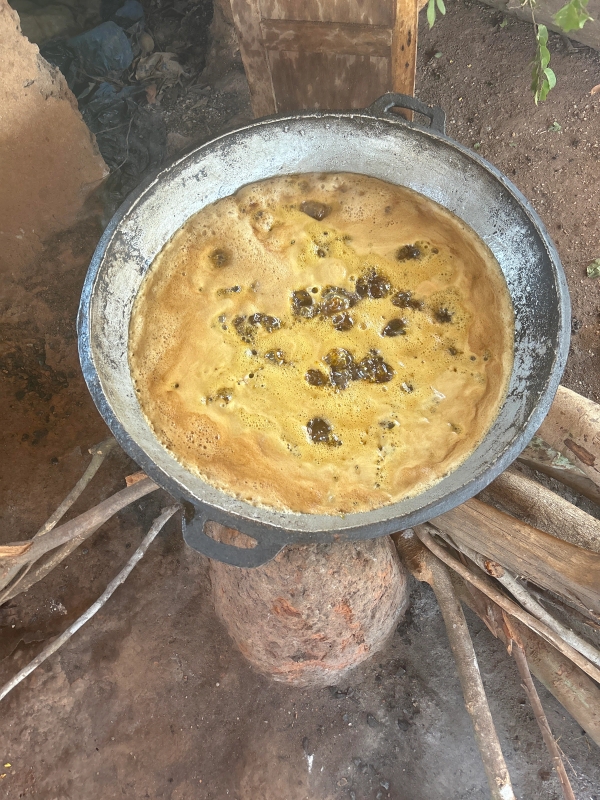
For the Scandinavian students, Ghanaian culture may appear more boisterous, outgoing, and relaxed than what they are used to back home.
It's common to experience culture shock during the first few weeks, but most people find that the new culture becomes a welcome change from the one they grew up in.
One can learn a lot by making an effort to get to know the locals and trying to adapt to the culture.
– When I think of Cape Coast, the first things that come to mind are the sounds of church singing and heavy traffic.
There are so many differences from what we are used to at home in Scandinavia. On the street, everyone talks to everyone, and people can be more direct than we are back home.
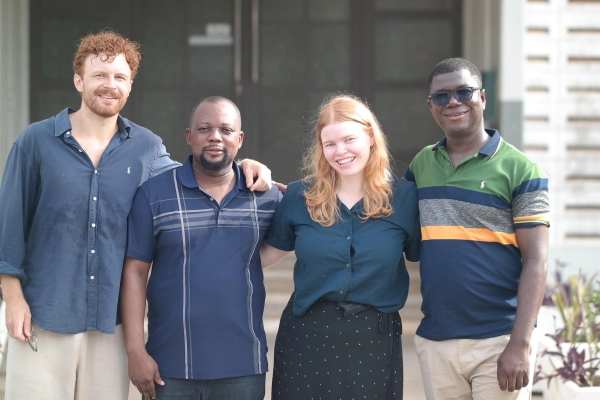
– At first, it may feel a bit strange, but that's what's normal in their culture. I believe everyone can benefit from experiencing a new culture in this way.
I quickly grew fond of the Ghanaians, as they are all so open and fun.
I highly recommend making an effort to get to know the Ghanaian students, and not least Kulturstudier's manager and assistant manager, Michael and Orlando!
Learn more about Ghanaian culture
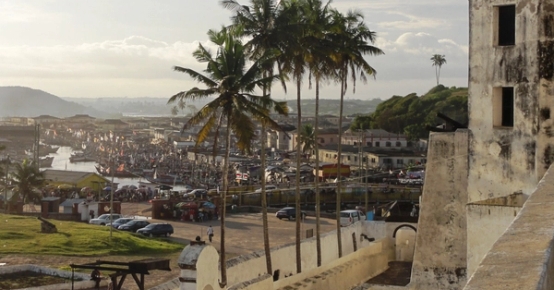
- Ghana
- Development Studies 2 in Ghana
- In-depth articles
